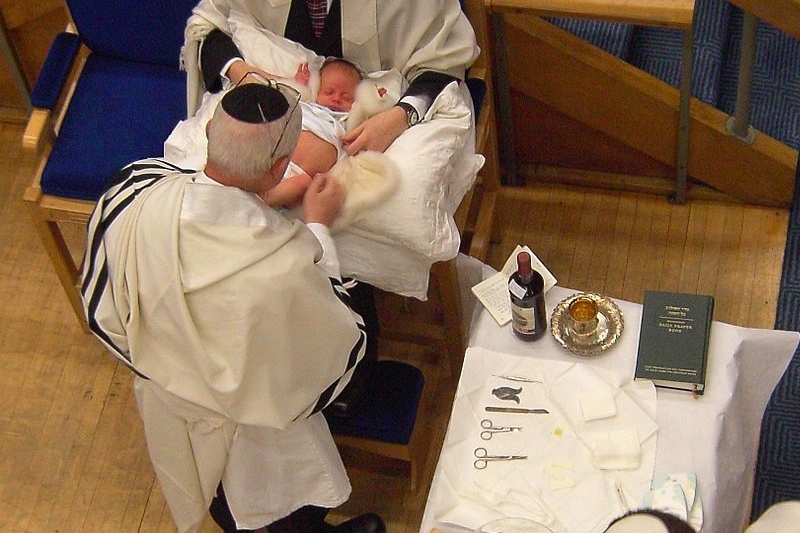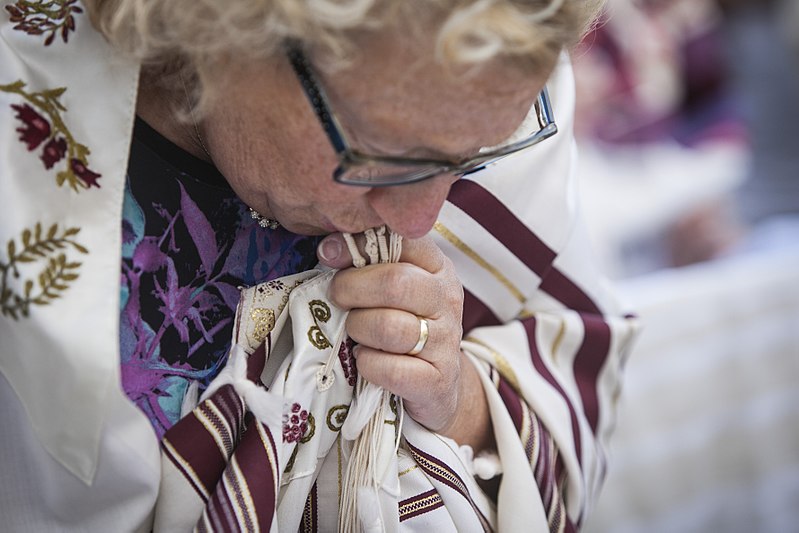Disclaimer: The opinions expressed here are that of the writer and do not necessarily represent the views of the Union for Traditional Judaism, unless otherwise indicated.

by Rabbi David Novak
Dear Rabbi Novak,
Thank you for your teshuva at https://utj.org/viewpoints/responsa/participating-in-a-seder-via-the-internet-during-coronavirus-pandemic. Can you please provide a response to these two follow-up questions regarding using computers on Yom Tov?
1) Is there an issue of Melechet Kotev (writing) if you type things? Or even just by bringing up images?
2) What about the prohibition of Uvdin D’Chol (practices that are done during non holidays)? Does using electricity/computers violate that, either in letter or spirit? (This is an idea that the “pietists”, as you refer to them, might refer to in terms such as “it’s not yomtovdik/shabbosdik!”, but they might frame it as formally falling into the category of uvdin d’chol, which of course is vague and hard to pin down)

by Rabbi David Novak
A divorcee and her daughter have for the past thirty years celebrated the Pesach Seder with a certain family. Because the father of this family was recently exposed to somebody diagnosed with Covid19, the family rightly does not want any guests in their house. So, this woman has asked whether it would be permissible for her daughter and herself to participate in their usual Seder over the internet.

by Rabbi Alan J Yuter
How are Jews who have been quarantined, i.e. ordered by governmental decree to remain in their residences because of the Coronavirus contagion, to observe the obligations of reading the Esther Scroll and Parshat Zakhor?

by ravnoah
This article has moved to https://utj.org/viewpoints/responsa/online-megillah-and-parshat-zakhor-readings-during-the-corona-virus-epidemic/

by Rabbi Alan J Yuter
Is a person who has a close relative who died but the burial has not taken required, permitted or forbidden to perform the netilat yadayi’im ritual? I have heard that the washing of hands is a mattir, a rite that allows us to eat bread, which were it not for the commandment blessing, the bread would be forbidden to eat.

by Rabbi Alan J Yuter
I have generally assumed that I would say Kaddish for my beloved father, of blessed memory, for 12 months. I understood this to be fairly clearly the original practice (though Rabbi Abraham Golinkin indicates here that both the 11 month and 12 month customs arose in the 13th century). In addition, it strikes me that HaZa”L instituted a 12 month period of mourning, not an 11 month period, so having a part of the observances related to the loss of a parent last only 11 months seems at least to be at tension with the system instituted by HaZa”L. While technically the Kaddish is not an expression of mourning, it seems to me to be at least in part an expression of kibud av va’em (honoring of parents), which is part of the reason behind the 12 month mourning period. Therefore, it seems to me to make sense to honor one’s parents by reciting Kaddish for 12 months.
On the other hand, while I generally try to follow the Jewish practice that makes the best sense to me, my interest in doing so is usually predicated on the desire to fulfill halakhic requirements, while here we are clearly dealing with minhag (custom). Even though I don’t see minhagim as binding in the same way as halakhah, I do try to follow minhagim where they don’t violate halakhah.
I should note that my reason for saying Kaddish in the first place is largely social. I do not see Kaddish as a halakhic obligation. In addition, I do not put much stock in the theurgic idea that my saying Kaddish will do a tremendous amount to determine the fate of my father’s eternal soul. I DO believe that my father deserves a great deal of the credit (and blame) for who I am, but I doubt whether or not I show up to minyan more often and mumble a few words for a year (or 11 months) will say much toward any judgment he receives due to the person I became. But even this attitude cuts both ways. The fact that I am saying Kaddish in large part as a public expression of love for my father draws me toward the 12 month Kaddish. On the other hand, since many perceive saying Kaddish for 12 months as an indication that one believes one’s parent may be judged negatively[1] (though as my teacher, Rabbi David Novak notes in Law and Theology in Judaism p. 112 Zohar Bereshit p. 68a indicates it takes 12 months for the soul to reach the highest levels of heaven),[2] my reciting Kaddish for 12 months might actually reflect negatively on perceptions of my father.
– Rabbi Noah Gradofsky
[1] Rabbi Golinkin writes that “the belief that the judgment of the wicked in Gehinom is 12 months is found in many sources (see Mishnah Eduyot 2:10; Tosefta Sanhedrin 13:4, ed. Zuckermandel, p. 434; Shabbat 33b; Rosh Hashanah 17a and cf. Rabbi Novak note 6).”
[2] Rabbi Novak notes that based on this Zohar R. Isaac Luria urged recitation of Kaddish for 12 months (less 1 week in deference to the common 11 month custom).

by Rabbi Alan J Yuter
Our community Rabbi [not the Rabbi of our Israeli congregation, where we belong, attend, and had a voice in the rabbi’s selection] announced “that it is Da’at Torah that men and women may not sit together at public Torah lectures, and that it is his own Da’at Torah that women may not dance with the Torah on Simhat Torah. The Rishon le-Tsion [Rabbi Isaac Yosef] wrote to me similarly. “Whoever acts in this way [approving, supporting or in any way condoning women dancing with the Torah on Simhat Torah] endangers the spiritual health of future generations. And don’t be surprised if heaven forfend the offspring of such people will leave Orthodox Judaism altogether.”
How are we to respond to these hurtful comments?

by Rabbi Alan J Yuter
A woman who is cohabiting with her partner and has decided to get married but refuses to do so through the establishment Rabbinate system. The woman’s parents would prefer a traditional wedding, and the daughter is willing to accommodate by adopting aspects of Jewish Tradition that do not violate the couple’s sense of egalitarian propriety. What are the Halakhic minimums that should be met for the wedding to be kosher?

by Rabbi Alan J Yuter
[1] How should an Orthodox mohel [licensed ritual circumciser] respond to an invitation to circumcise the baby of a homosexual couple, and [2] what accommodations may be made given the fact on the ground that the nuclear family is of one gender?

by Rabbi Alan J Yuter
In light of the many allegations of sexual misconduct and abuse committed by the late Rabbi Sh’lomo Carlebach, the scathing indictment of Carlebach in Lilith Magazine, and the questions raised by the Forward, why do we continue to sing the songs of a sexual predator, ambiguously observant Jew, ethical hypocrite, and criminal creep?

by Rabbi Noah Gradofsky
Are women obligated and/or permitted to wear tsitzit? If so, may they make a blessing on doing so?
Enjoying UTJ Viewpoints?
UTJ relies on your support to promote an open-minded approach to Torah rooted in classical sources and informed by modern scholarship. Please consider making a generous donation to support our efforts.

















